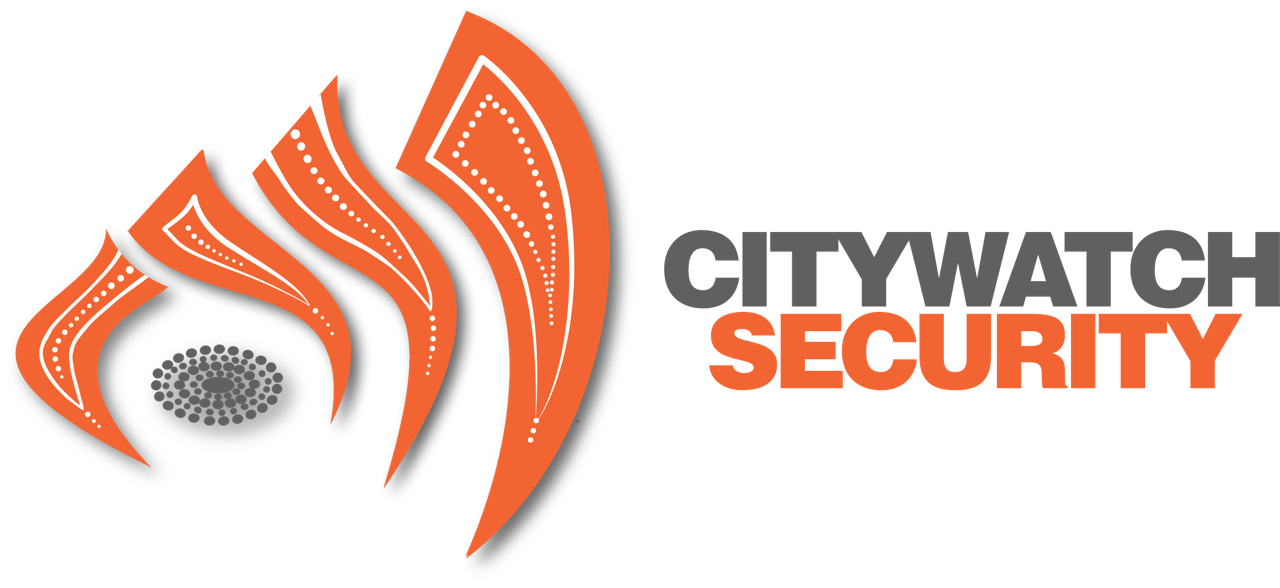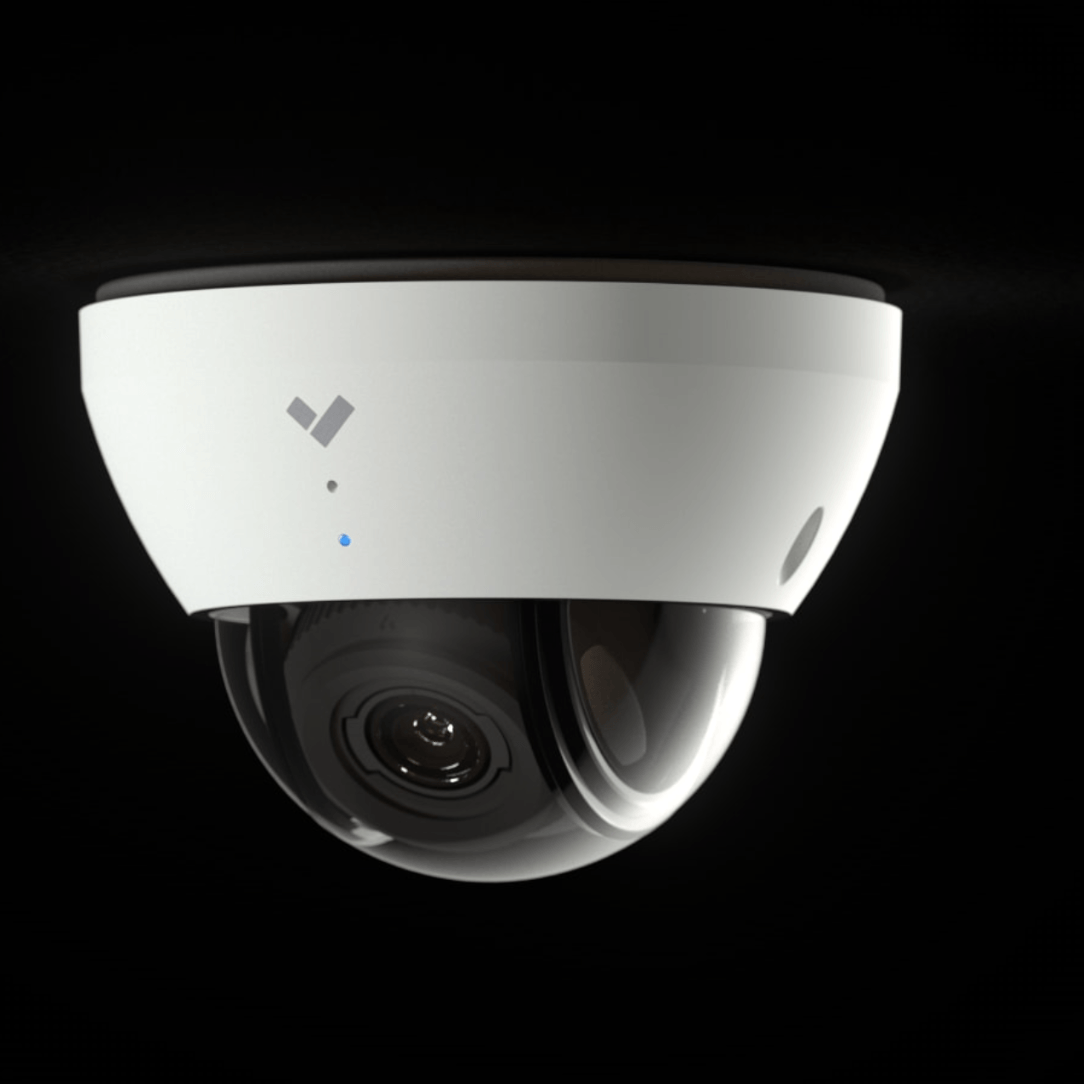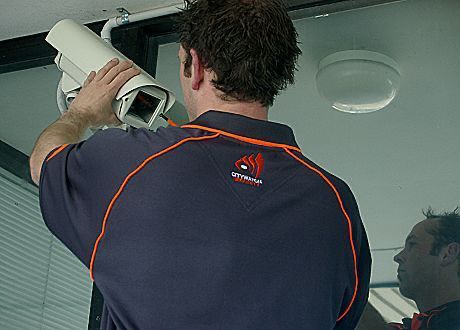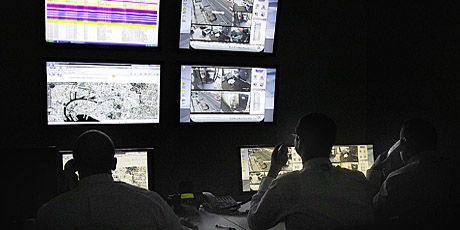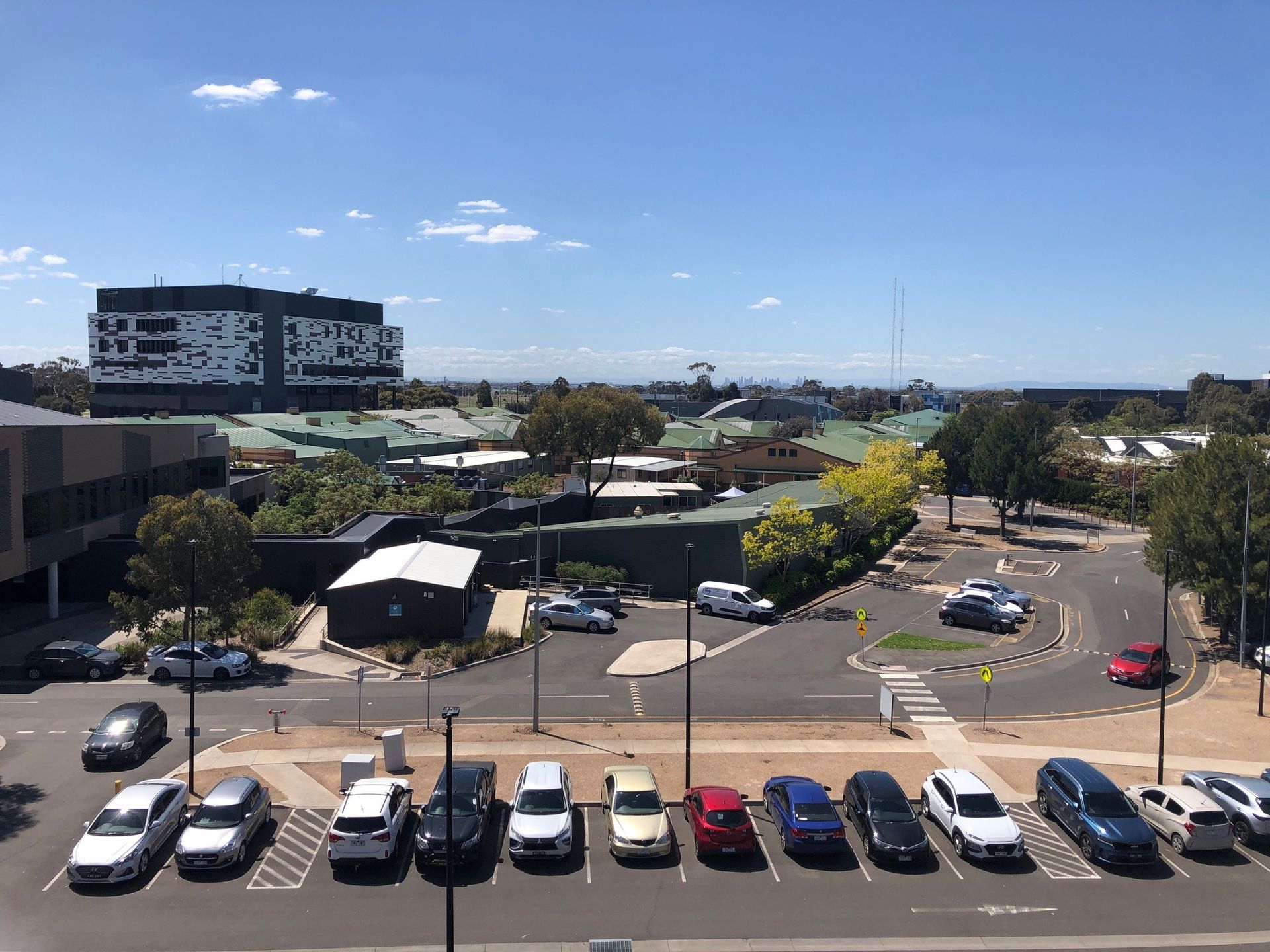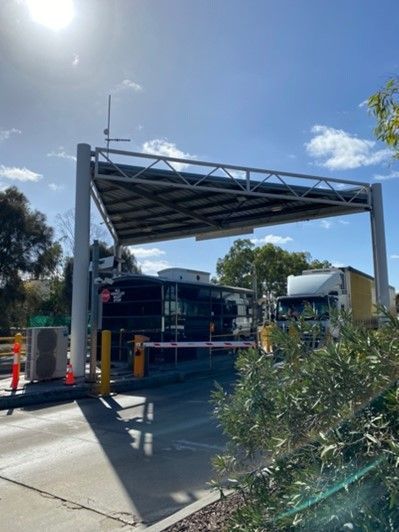Office Hours Number
Guard Profile

Martha Cove Guard Natasha M making sure her paperwork is up-to-date.
Guard Profile
Natasha M has worked as one of CityWatch Security’s guards for nearly a year, based at the picturesque Martha Cove site. A committed guard and hard worker, Natasha is also studying certification in Government Investigations.
The work of a site or static guard like Natasha often involves long stretches of time being stationary; either in a patrol car or facing a monitor. This presents a potential health hazard for each guard. Natasha describes how she addresses this issue and what she enjoys about her work at CityWatch Security below.
What does a normal work day entail for you?
‘A normal day for me starts on-site 30 mins before my shift; I touch base with whoever is in the office to find out what's been going on over the last 24 hours. Then I’ll read up on any notes (such as incident reports) and sign documents as needed.
After that I head out and try and do a full patrol of the site. I start on wand points (sites where guards use hand-held Smart WANDs) followed by foot patrols, using one of our patrol cars to cover the whole site. I don't go too far from the car in case there is an issue that I need to attend.
I take a lunch break and then go back out on patrol again, but this time I go the opposite way around. I will door knock to see if residents are ok. I tend to leave the big pontoons (a flat boat that relies on floats to remain buoyant) until I’m just about finish my shift. I tend to be back in the office about 30 mins before finishing my shift to do a handover’.
What do you do on shifts to maintain your physical and mental health?
‘In the office I tend to stand up more than sit, especially when working overnight, plus I take in some hand weights.
Out on the road I make sure to be hydrated; I’ll take two drinks and stop more often or for longer, I also sing to myself… You also need to eat correctly and sleep properly; then everything should be OK’.
What do you enjoy most about your job?
‘I enjoy the amount of people you get to meet and who you can help.
And putting what you have learnt in training to the test’.
How do you wind down if you’ve had an eventful shift?
‘I take notes for myself, talk to the supervisor and talk to my family’.
How do CityWatch differ from other employers you’ve worked with?
‘CityWatch take care of their staff, have time for you and make the role work for you as long as you’re willing to put in. They are a good bunch of people’.
CityWatch Security are committed to providing an inclusive, diverse and supportive workplace for all our employees. We thank Natasha for taking the time to give us an insight into her role and for her hard work.
If you would like more information on what our guards can do for you please contact us on
(03) 9250 4000
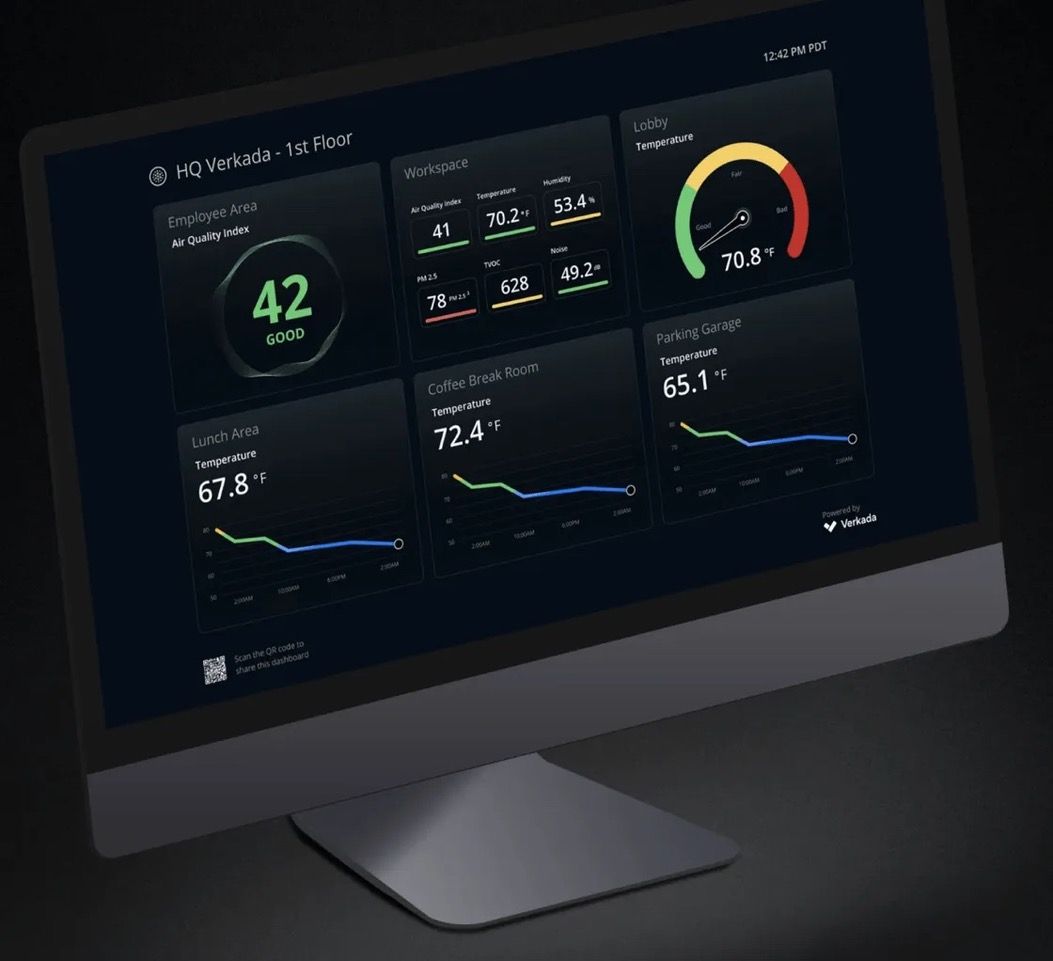


BROWSE OUR WEBSITE
CONTACT INFORMATION
Office Number: 03 9250 4000
Email: sales@citywatchsecurity.com.au
Address: Level 1 225 Brunswick Road, Brunswick VIC 3056
Hours of Operation:
Headquarters
MON – FRI 8:00AM – 5:30PM
SAT – SUN CLOSED
Control Room: Open 24/7
After Hours number: 1300 665 300
OUR LOCATION
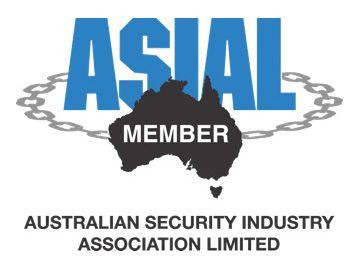
Licensed by ASIAL (Australian Security Industry Association Limited) in every state by the state
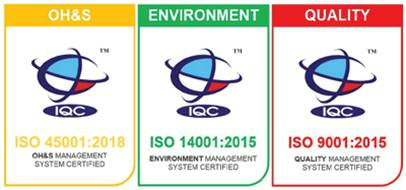
ISO Environmental Quality Compliance 14001:2015 | ISO Quality Assurance Compliance 45001:2018 | ISO Integrated Quality Management Systems Certification 9001:2015
